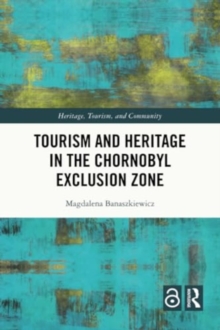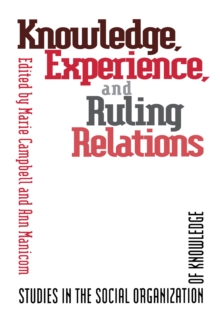
Rural Life in Canada : The Church and the Farm Problem, 1913 PDF
by John MacDougall
Part of the Heritage series
Description
The study of the problems of rural life that were thought to underlie eastern agrarian discontent in the first quarter of this century was published originally in 1913 under the auspices of the Board of Social Service and Evangelism of the Presbyterian Church of Canada. It has been republished in an attempt to counter the bias of social historians who tend to emphasize the industrial and urban problems of a changing society. Most Canadians lived in a rural environment not so many years ago and their problems -- depletion of the rural population and its economic and social causes and consequences -- are surveyed here in the special context of the work of the country church.
The 1911 census had shown Canada's rural life to be in peril. The lure of steadily rising wages in urban factories and mills was intensifying the movement away from the country. Political leaders took worried note: "There can be no health in the cities without corresponding health in the country," said the Minister of Agriculture.
The book is a vivid example of the public concern of Canadians over the impact of industrialization and urbanization upon their farming population. The questions it poses and attempts to answer, and the social assumptions behind them, reveal the anxiety of thoughtful citizens that the agricultural roots of their society were being eroded by the attractions of the new era. It is also an interesting period piece in Canadian social history, in that it reflects the values, prejudices, and aspirations of the author and his generation.
Information
-
Download - Immediately Available
- Format:PDF
- Pages:312 pages
- Publisher:University of Toronto Press
- Publication Date:15/12/1973
- Category:
- ISBN:9781487575977
Other Formats
- Paperback / softback from £29.25
Information
-
Download - Immediately Available
- Format:PDF
- Pages:312 pages
- Publisher:University of Toronto Press
- Publication Date:15/12/1973
- Category:
- ISBN:9781487575977










